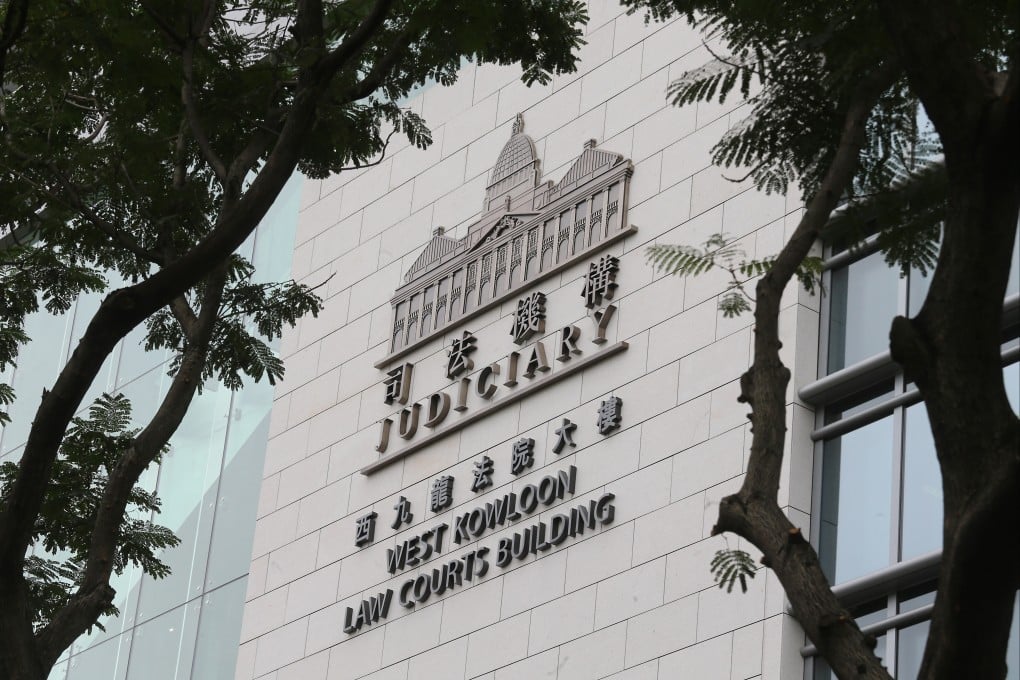Hong Kong 47: court hears closing submissions on conspiracy to commit subversion charges over unofficial Legislative Council primary
- Prosecution tells West Kowloon Court ‘unlawful means’ do not require an element of violence to put country’s safety at risk
- Judges told by defence lawyers national security law does not specify that subversion could be committed by non-violent means

A failed attempt by 47 Hong Kong opposition figures to win control of the legislature through an unofficial primary election would have been capable of subverting state power even if no violence was used, a court has heard.
Four primary organisers, including legal academic Benny Tai Yiu-ting, were among 31 defendants who pleaded guilty or indicated they would admit liability.
A major contention at trial was whether the remaining 16 defendants had used any “unlawful means” to achieve their political goals.

Jonathan Man Tak-ho, a deputy director of public prosecutions, argued an unlawful act did not necessarily entail an element of violence, as the national security legislation was designed to suppress any scheme that put the country’s safety at risk.
